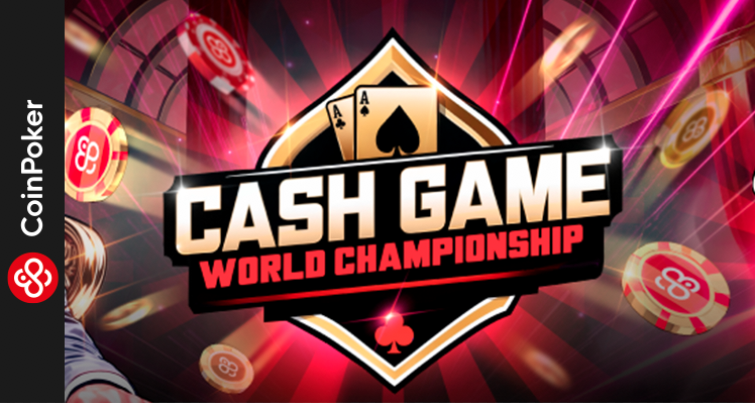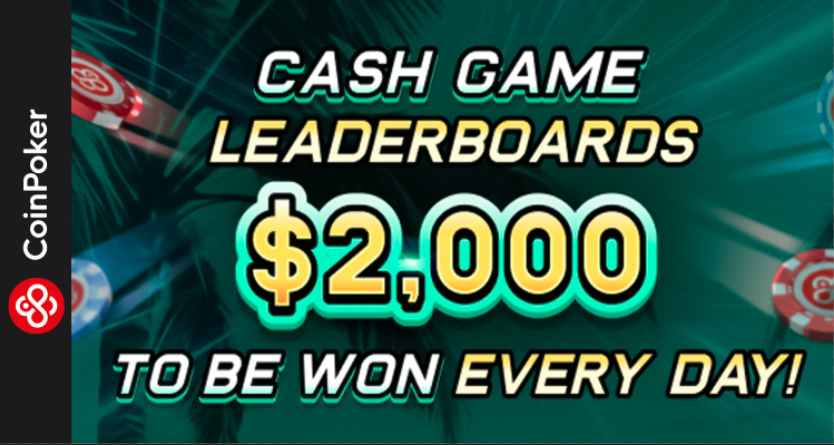

Poker glossary: learn the terminology of the pros

Poker, like any other professional game, has
its own terminology and numerous technical terms to define certain aspects and
moves of the game. It is important to handle them with ease, especially
in the early stages of learning, when the amateur player has the enthusiasm and
desire to learn, but fails to understand certain aspects of the lesson.
In this sense, it is essential to master
poker terms and all those that are part of the so-called professional poker
glossary. But what is the real purpose of mastering professional terminology?
The truth is that it is very convenient for the
mind to start working with its own glossary. In poker, mental agility is
fundamental and knowing what each term refers to is essential to ensure the
mental agility needed to aspire to victory.
The importance of applying
a word to every aspect of the game
If there is one good thing about English, it is
that it has a very specific vocabulary and it is very easy to apply one-word terms
to aspects that in other languages would take two sentences to explain.
Therefore, it is vital that the player who
aspires to professionalize his game knows the specific terminology inside out.
A glossary in poker, physical or mental, is essential to ensure that the
player is able to read it correctly during the game.
During the learning phase, which can last for
years and in which it is necessary to practice and practice for hours, it is
essential to know at least some of the most basic poker terms to be able
to situate oneself as soon as possible in the game.
Just as it happens with babies, who only learn
to speak as they listen to others, an amateur player can only become fluent in
the poker glossary if he repeatedly listens to professionals speaking
the jargon of the poker elite.
Human language is mimetic, it is capable of
imitating signals from its surroundings, such as accents or tonalities, to
better fit in with the environment. This mechanism of human integration can
be of help in trying to relate words to the aspects to which they refer,
and that allows to retain in memory their meaning. This, for a novice poker
player, can be fundamental to be able to handle with fluency one day the
typical poker terms.
Live broadcasts, televised
events and more
Aside from having the willpower and discipline
to play consistently to improve your game, you also need to make an effort to
watch poker events on television and listen to the commentators. The best
way to learn is to hear the best people talk about it live, and in this
sense both broadcasts on streaming platforms and live poker events can be a
golden opportunity for you to start building your own poker dictionary.
Keep in mind that televised broadcasts can not
only help you to integrate certain poker terms into your regular vocabulary,
but also allow you to have a kind of unique showcase to observe aspects that
during a poker game you can't even contemplate, such as nervous tics, ways
to reveal a bluff or other aspects related to body language.
They are also very useful for making poker a
much more visual game, which is helped by certain on-screen indications where some
of the most common poker terms can be seen. Bankroll, stack, preflop,
outrun, play off, variance tells are just a few of the many poker glossary
words that are often heard and read on live broadcasts.
Specialized poker
terminology: the most common concepts
Some words that you might find in a poker
dictionary are easily recognizable because they even have their own meaning within
the idioms of popular culture, but others are only used in very specific
situations and only acquire meaning in a very specific context.
In order for you to learn to handle specialized
terminology like a pro, we have included some of the most important aspects
that you may have overlooked and that are important for you to know if
you are in the process of training.
All-in
All-in means all-in. All the chips a player has
in his possession, bet in a single move. If we translate it literally from
English, it means "all in" (it would be all in the pot, which is what
it refers to).
Backdoor
It is a term used when talking about a straight
completed using the turn and river cards. It is related to the expression
"runner-runner", which is used when one wants to say that a hand has
been obtained thanks to having tied the right cards both on the turn and on the
river.
Cripple
In Spanish, the word "paralizar" is
used a lot to refer to this anglicism, usually to say that "the deck has
been paralyzed". Cripple the deck is something that happens when a player
has some cards and in the community cards the other missing cards of the same
suit come out.
For example, if in the community cards there
are two kings and a player has among his cards two kings, it is said that the
deck has stalled because no one else can aspire to match him. Although it is
not among the best known, it is one of the most important terms in the
poker dictionary.
Dealer
It is the dealer, the one who deals the cards
to the players and links the hands with the community hands. In online
poker games, the dealer can be automatic or manual. Normally, players who
want to practice or play at a good pace usually set the dealer to automatic, an
option that is not available in face-to-face poker.
Flop
Only the most novice players will not know what
the flop is. The flop is one of the most common poker terms because it is used
in practically every game. It refers to the three community cards
together, placed face up.
For this reason, the play that precedes the
revelation of these three cards is called preflop, another of the basic
concepts of any self-respecting poker glossary.
Kicker
A kicker is an unpaired card that has been used
solely to determine the best of two nearly equivalent hands. The kicker is
of paramount importance in Hold'em games, as it can define the player with
the best hand on many occasions.
You may also like

What is the river in poker: everything you need to know
Poker has become one of the most popular games in recent years. If you have reached this article, it is because you know well what I am talking about. And, as you also know, poker has its own langu...

Bitcoin poker: advantages of the cryptocurrency in poker
Bitcoin is becoming increasingly popular, both in the poker world and in the rest of the market. We can increasingly find machines that allow us to extract bitcoins and businesses that accept this...













